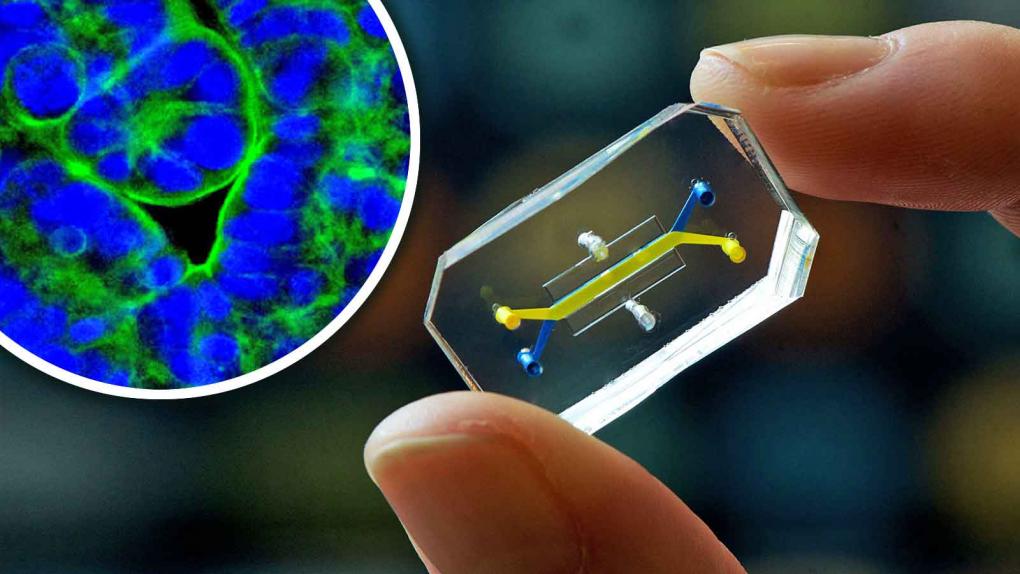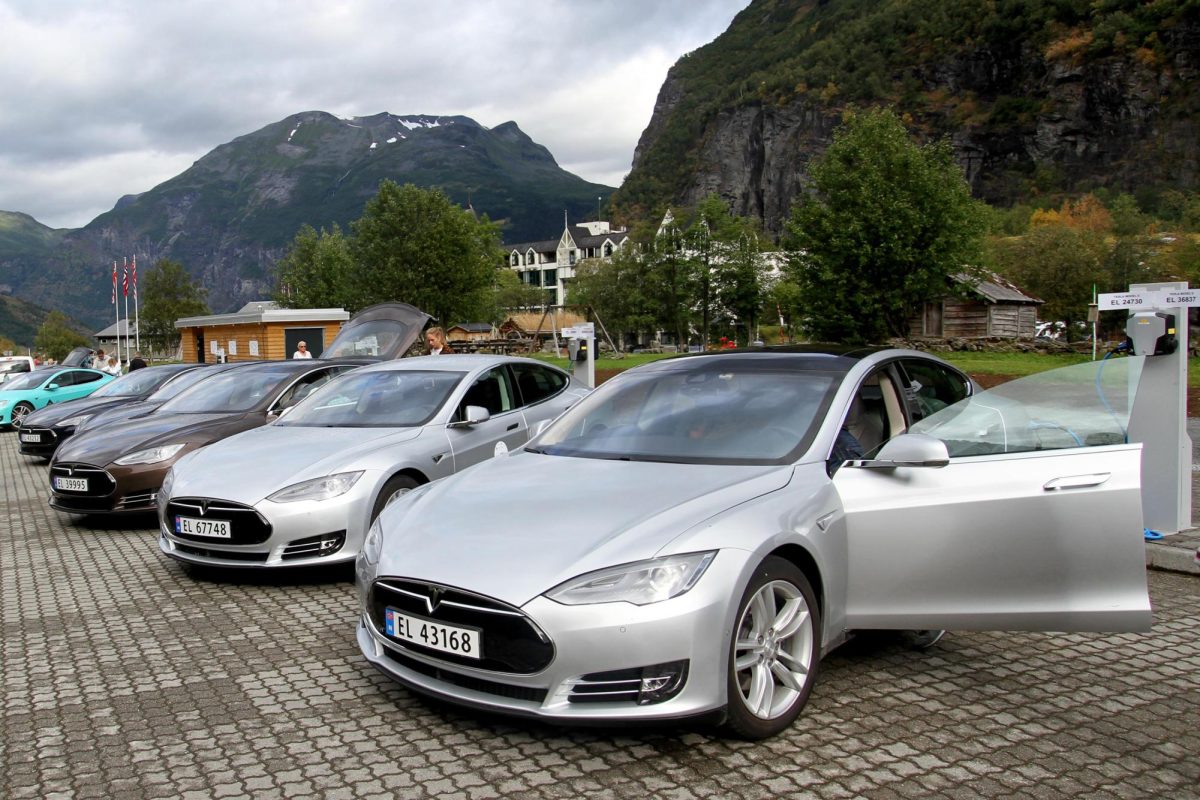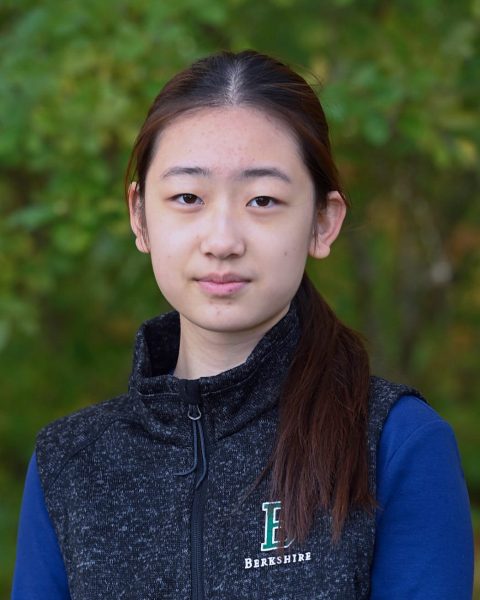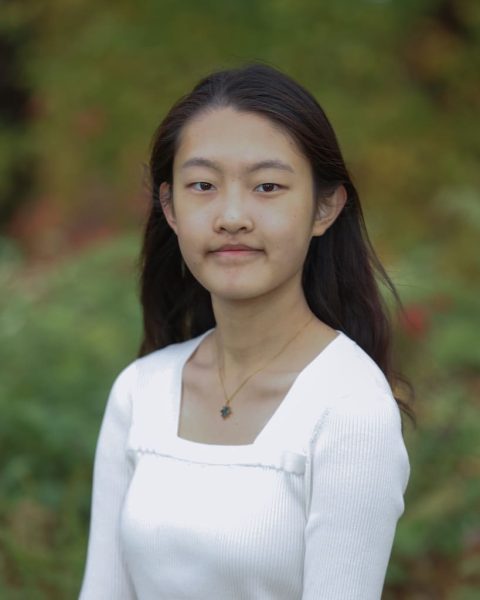The Nobel Prizes are among the most prestigious and internationally recognized awards in the world, honoring individuals and organizations for their extraordinary contributions to humanity. Established by the will of Alfred Nobel, the Swedish inventor and philanthropist, the prizes have been awarded annually since 1901. The Nobel Prizes are awarded in six categories: Physics, Chemistry, Medicine or Physiology, Literature, Peace, and Economic Sciences. The recipients of the prizes are chosen by committees in Sweden and Norway through a rigorous nomination and selection process. Interested in learning about this year’s award winners and their works? Then you have found the right piece.
Nobel Prize in Physics: John J. Hopfield, Geoffrey E. Hinton
John Hopfield and Geoffrey Hinton revolutionized machine learning by developing artificial neural networks inspired by brain structure. Hopfield’s network reconstructs stored patterns using energy minimization concepts from physics, while Hinton’s Boltzmann machine identifies key data elements through statistical physics. Their pioneering contributions have influenced the development of AI technologies, including image recognition, autonomous systems, and the design of advanced materials.
Nobel Prize in Chemistry: David Baker, Demis Hassabis, John M. Jumper
David Baker has engineered entirely novel proteins, while Demis Hassabis and John Jumper’s AI model, AlphaFold2, solved the decades-old challenge of predicting protein structures from amino acid sequences. Proteins, essential for life, serve as hormones, antibodies, and catalysts. These breakthroughs unlock vast potential for developing new pharmaceuticals and vaccines and addressing global challenges like antibiotic resistance and plastic degradation. Baker, Hassabis, and Jumper’s discoveries fundamentally advanced our understanding and manipulation of biological processes.
Nobel Prize in Medicine/Physiology: Victor Ambros, Gary Ruvkun
Victor Ambros and Gary Ruvkun have been awarded the Nobel Prize for their discovery of microRNA, a revolutionary component in post-transcriptional gene regulation. Their work unveiled how these small RNA molecules control gene activity, providing an essential mechanism for cellular differentiation. This discovery has profound implications for understanding development, as microRNAs ensure only the correct genes are expressed in specific cell types. MicroRNAs play a crucial role in human biology, influencing a range of processes from development to disease, and their discovery has significantly expanded the field of gene regulation.
Nobel Prize in Literature: Han Kang
Han Kang became the first Korean and Asian female to win the Nobel Prize in Literature for her poetic prose that delves into historical trauma and human fragility. Her novels, The Vegetarian, Human Acts, and We Do Not Part explore identity and suffering. Her innovative style and profound themes have impacted contemporary literature, garnering critical acclaim and inspiring readers globally.
Nobel Peace Prize: Nihon Hidankyo
Nihon Hidankyo, a Japanese organization representing atomic bomb survivors (Hibakusha), received the Nobel Peace Prize for advocating against nuclear weapons. Their recognition highlights the enduring humanitarian consequences of nuclear warfare and global efforts to prevent future nuclear catastrophes through education and witness testimony.
Nobel Prize in Economic Sciences: Daron Acemoglu, Simon Johnson, James Robinson
Daron Acemoglu, Simon Johnson, and James Robinson were recognized for linking institutions — the ruling government structures — to national prosperity, underscoring how colonial political and economic systems influence the present day’s development disparities. The three prize winners clarify how societal institutions directly impact a nation’s prosperity, providing a deeper understanding of why economic inequalities persist and how they can be addressed. Their work is significant because it shows how institutions shape economic and political outcomes, explaining global inequalities and offering a framework for creating inclusive systems that drive sustainable future prosperity.
Fun fact: The Nobel Prize in Economic Sciences was added later and not originally included in Alfred Nobel’s will.
Sources:
The Nobel Prize. “Nobel Prizes 2024.” The Nobel Prize, www.nobelprize.org/all-nobel-prizes-2024/. Accessed 22 Oct. 2024.







